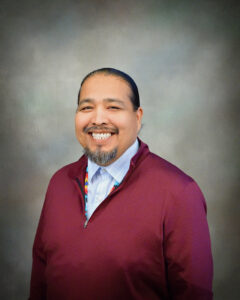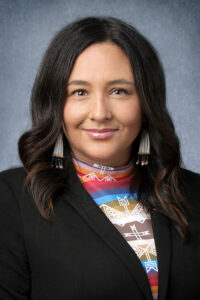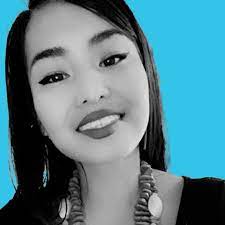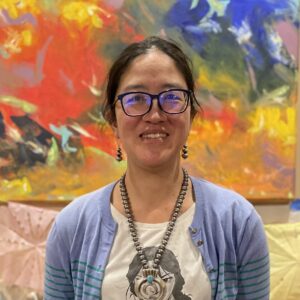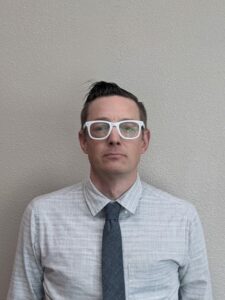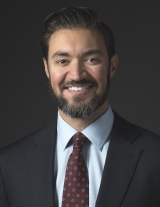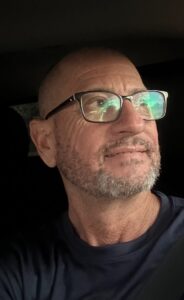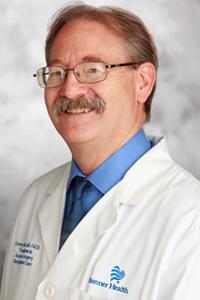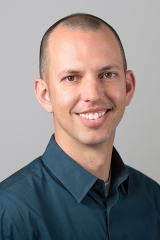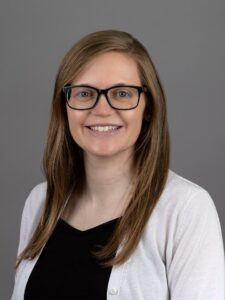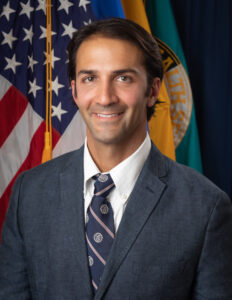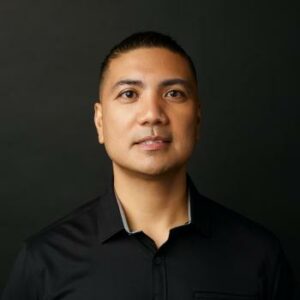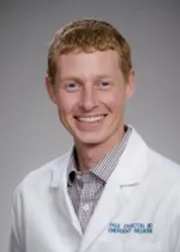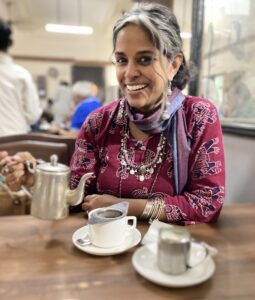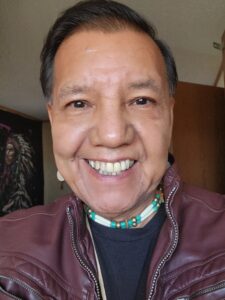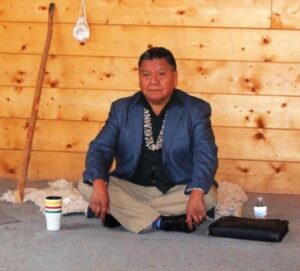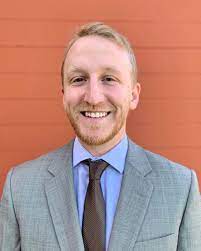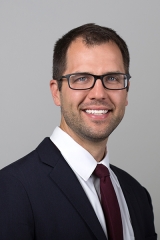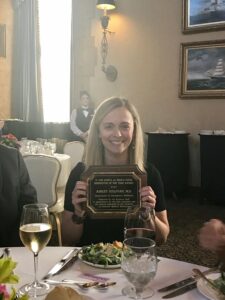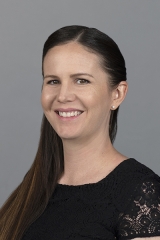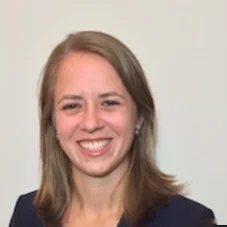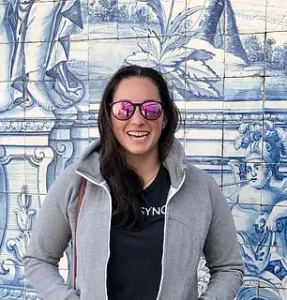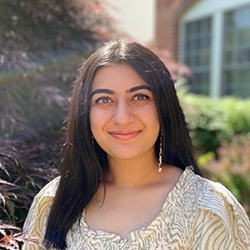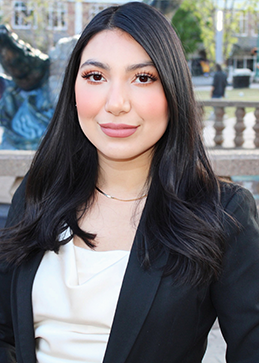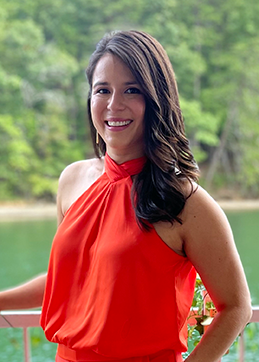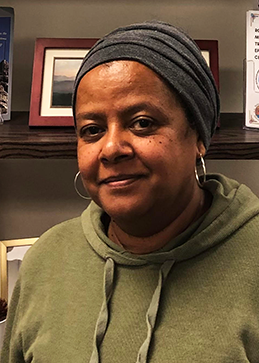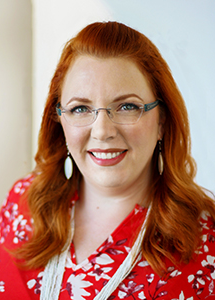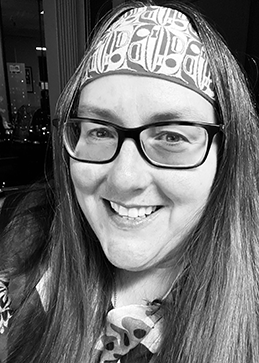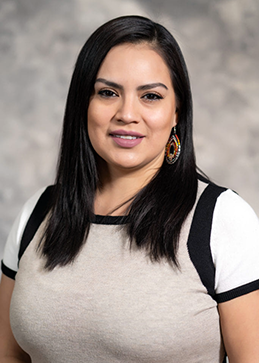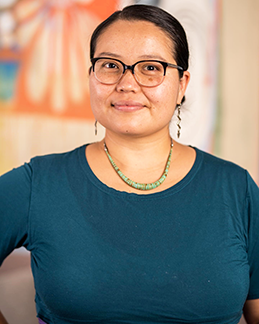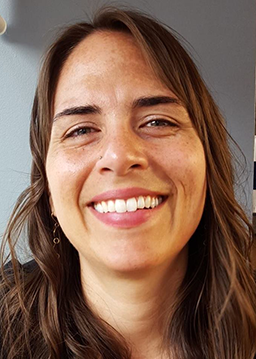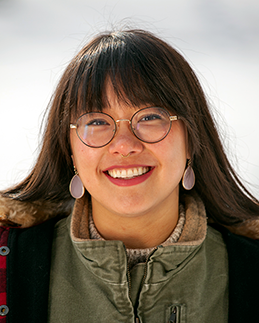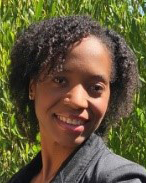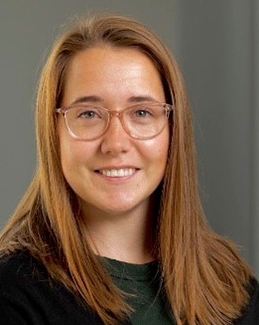What can one person do? When supported by the ECHO community, a lot. A clinician in a remote Arizona 638 facility was interested in treating the high numbers of chronic hepatitis C (CHC). Like most facilities in Indian Country, they were understaffed, which put her effectively on her own.
Participation in ECHO was a great help clinically. The provider attended an in-depth training in Albuquerque at no charge. This training coupled with watching case presentations on ECHO, then presenting her own patients relatively quickly took her from new to experienced with HCV questions. Within a year or so, she was comfortable treating uncomplicated patients effectively on her own. More complex patients could still be consulted with ECHO specialists. She is now one of the most experienced HCV providers in the I/T/U network.
But ECHO has done much more than just increase treatment volume and quality via clinical guidance. The provider had to navigate bigger public health and drug access questions, and the ECHO network was an on-demand source of support and knowledge. How many patients do I have, and who is in the most need of treatment? The ECHO team helped panel her patients and calculate liver fibrosis automatically. How can I get drugs in a state with restrictive treatment eligibility? ECHO peers provided tips on patient assistance programs and added an Arizona based specialist to the hub team to satisfy the particular requirements of AZ medicaid.
Finally, ECHO participants are crucial not only in learning from others, but helping shape national policy. When she ran into a wall on drug access for a new patient due to a policy change, her information on this new barrier was instrumental in informing headquarters which then addressed the issue to fix it for her facility as well as all others who might be in the same situation.
Want to share your own story?
Click here to share the story of a program that has made a difference in your community.
